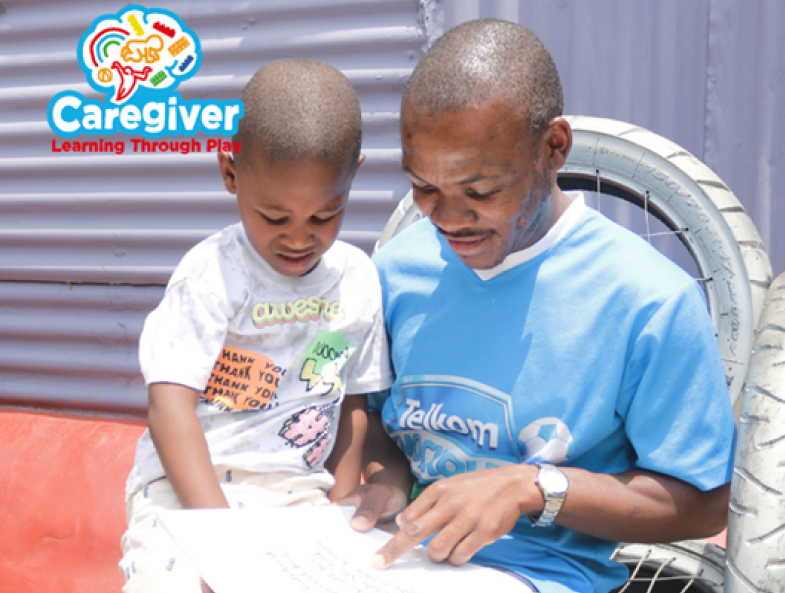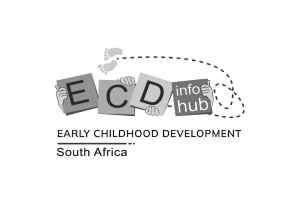Parenting plays a crucial role in shaping a child’s future long before they step into a classroom. From birth to age six, children experience rapid brain development, making this period essential for learning, emotional growth, and social skills. However, parenting challenges and family structures vary widely across South Africa. According to Statistics South Africa, 32.7% of children live with both parents, leaving a significant portion being raised by a single parent or a caregiver. This figure highlights the importance of providing support for all caregivers, regardless of their circumstances, to ensure that children grow up in nurturing environments. At HOPE worldwide South Africa, we believe that empowering parents and caregivers with the right tools and knowledge can give children the best possible start in life.
The Foundation for Learning Begins at Home
Before children enter formal schooling, parents play the most influential role in their development. The early years are a time to lay the foundation for learning, social interactions, and emotional well-being. Creating a nurturing, stimulating environment at home can help children develop the skills they need to excel in school and beyond.
Key Areas of Early Childhood Development (ECD)
A holistic approach to ECD includes various aspects of a child’s growth. Here’s how parents and caregivers can support their child’s development:
1. Cognitive Development: Encouraging Learning Through Play
- Read to your child daily to build language and communication skills.
- Introduce problem-solving games and activities, such as puzzles or building blocks.
- Create a stimulating environment with books, colours, and music to encourage curiosity and creativity.
2. Emotional and Social Development: Nurturing Confidence and Resilience
- Provide a safe and loving environment where your child feels valued and heard.
- Encourage social interactions through playdates or group activities.
- Teach emotional regulation by acknowledging feelings and modelling healthy ways to express emotions.
3. Physical Development: Strengthening Health and Motor Skills
- Promote an active lifestyle through outdoor play and movement-based activities.
- Provide nutritious meals to support healthy growth and brain function.
- Ensure adequate sleep, as rest is essential for a child’s development.
4. Language Development: Building Communication Skills
- Talk to your child regularly, even if they are not yet speaking.
- Sing songs and play rhyming games to boost vocabulary and listening skills.
- Allow your child to express themselves without interruption, fostering confidence in communication.
Practical Parenting Tips for Everyday Life
- Be Present: Quality time matters more than quantity. Engage fully during playtime, meals, and bedtime routines.
- Set a Routine: A structured day helps children feel secure and understand expectations.
- Encourage Independence: Allow children to try tasks on their own, like dressing or tidying up.
- Model Positive Behaviour: Children learn by example, so demonstrate kindness, patience, and respect.
Through our Early Childhood Development (ECD) programmes, we support parents and caregivers with training and access to essential services. Our programme, such as the Book and Breakfast Initiatives equips parents and caregivers with resources to ensure that their children receive both educational and nutritional support for optimal development. At HOPE worldwide South Africa, we recognize that parents are their child’s first and most important teachers and we want to support them in creating a nurturing environment where their children can thrive, learn, and grow into confident individuals long before they step into a classroom. Every interaction, from bedtime stories to mealtime conversations, shapes a child’s future.
Through our ‘Caregiver Learning Through Play’ programme, we equip parents and caregivers with practical skills and resources to turn daily moments into powerful learning experiences. At HOPE worldwide South Africa, we recognize that parents are their child’s first and most important teachers. With the right support, every caregiver can create an environment where children thrive, learn, and grow—long before they enter a classroom.
By Athini Rathebe
Media, Marketing, Advocacy and Events Officer
HOPE worldwide South Africa





